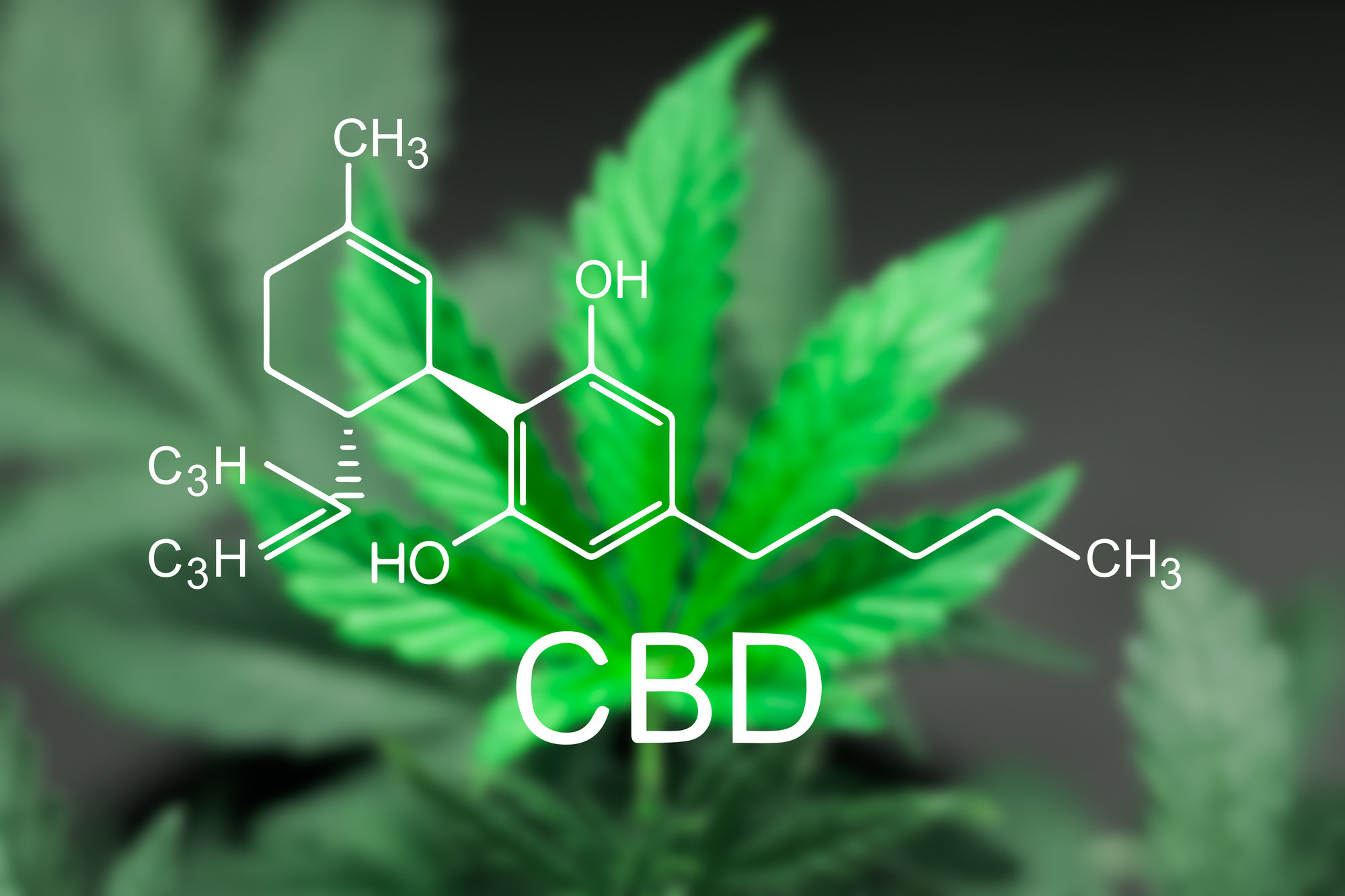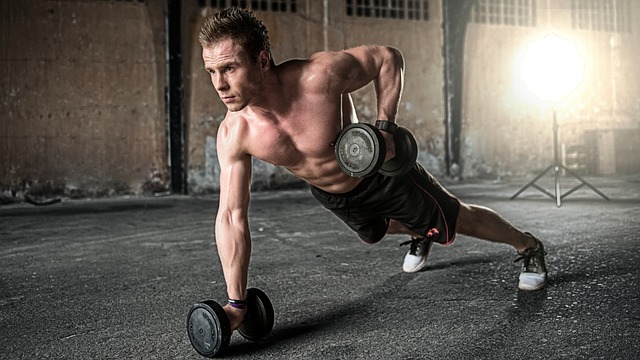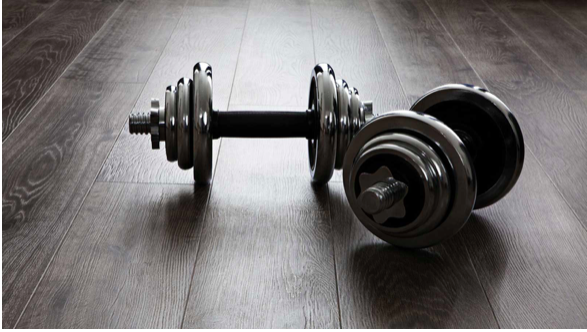CBD, or cannabidiol, has been in the spotlight for its effectiveness in treating pain, protecting cells, and preventing inflammation. The evidence for its many benefits grows by the day. If you lead an active lifestyle, you should know how CBD muscle recovery works.
For those who participate in strenuous exercise and for athletes working out, muscle recovery is an important issue. When your muscles recover quickly, you’ll feel less soreness and fatigue. This gets you back in motion with less downtime.
Are you curious about CBD and exercise? We’ve got helpful information for you. Read on to learn more about using CBD from hemp for fitness.
Table of Contents
What Is CBD?
CBD is short for cannabidiol. It is one of dozens of compounds from the cannabis plant family that are known as cannabinoids. CBD has been successfully used to treat a huge array of conditions, including:
- Acute and chronic pain
- Mental illness and mood disorders, including depression, anxiety, bipolar, and PTSD
- Autoimmune disease
- Neurodegenerative diseases
- Movement and muscle disorders
- Cancer and cancer pain
- Substance addiction
- Gastrointestinal disorders
- Sleep disorders
So how does this cure-all work? The answer lies in its interactions with our body’s cell receptors, enzymes, and endocannabinoid system.
The Endocannabinoid System
Cannabinoids act on our endocannabinoid system to produce many beneficial effects. The endocannabinoid system acts as a message network throughout the body. It is essential for the maintenance of homeostasis.
Homeostasis is the delicate balance that ensures our internal environment remains stable in spite of changes to the external environment. Our endocannabinoid system is composed of endocannabinoids, receptors, and enzymes that transmit important information to cells so that they can respond appropriately to maintain this balance.
Endocannabinoids and endocannabinoid receptors are found in the brain, nervous tissue, major organs, connective tissue, endocrine glands, and immune cells. This system influences almost every metabolic function.
Because their structure is so similar, cannabinoids (including CBD and THC) can fit into endocannabinoid receptors and produce noticeable effects.
CBD is a partial agonist, meaning it only partially fits endocannabinoid receptors. This allows CBD to lessen the psychoactive effects of THC (tetrahydrocannabinol), another well-known cannabinoid. THC fits more fully into receptor sites and produces a powerful mind-altering effect.
Endocannabinoid Enhancement
CBD enhances the effects of our own endocannabinoid anandamide. Anandamide acts as a natural antidepressant and is responsible for the “runner’s high” effect after strenuous exercise.
CBD inhibits the enzyme that is responsible for anandamide breakdown. Because it breaks down more slowly in the presence of CBD, anandamide has more time to exert its beneficial effects.
Inflammatory Response Control
CBD also interacts with immune cells to reduce pro-inflammatory cytokine release. Cytokines are small proteins that regulate immune cell communication and interactions. There are pro-inflammatory cytokines and anti-inflammatory cytokines that usually balance one another.
Sometimes the cytokine balance is off. Increased pro-inflammatory cytokine production and release leads to an inappropriate inflammatory response. In such a response, too many immune cells are recruited to an area, which can cause pain and damage.
Cannabidiol appears to promote apoptosis in overactive immune cells. This means that it prompts cell death in problematic cells, consequently reducing pro-inflammatory cytokine release.
Inflammation and Muscle Recovery
Nothing beats the feeling of accomplishment and overall well-being that comes from a good workout. It’s not uncommon for fitness buffs and athletes to push themselves to new challenging limits during their exercise routines.
While the workout and subsequent results are great, dealing with muscle fatigue and soreness are not. The effects of working out are often unpleasant and discouraging. Fast muscle recovery is essential for top performance.
Though there are many factors involved, soreness and fatigue are likely caused by inflammation, muscle and connective tissue damage, and spasms from irritated tissue. It can often take a few days for your muscles to recover from a high-intensity workout.
By controlling inflammation from irritated or damaged tissue, CBD can speed muscle recovery. Tissues heal better when the inflammatory response is not out of control.
CBD can even reduce pain and discomfort caused by old injuries. Its ability to keep inflammation in check prevents these injuries from hindering your athletic pursuits.
Stress Reduction for Faster Muscle Recovery
In addition to reducing inflammation, CBD promotes calmness and reduces stress by boosting the body’s own feel-good endocannabinoid anandamide. This is more important to muscle recovery than you might realize.
Stress promotes the release of the hormone cortisol. Cortisol is a catabolic hormone that actually hinders muscle growth. When you’re in a state of stress, muscle recovery and growth is slowed significantly.
By increasing the availability of anandamide, a feeling of calm can be maintained through stressful workouts and life situations. Additionally, by stimulating serotonin receptors and balancing dopamine levels, CBD reduces cortisol secretion even further.
Better Sleep
Sleep is crucial for fast muscle recovery, as our bodies do most of their repair work at this time. Our bodies release the restorative human growth hormone during periods of deep sleep, so sleep quality is an important factor for efficient muscle recovery.
Because CBD helps with stress regulation, the brain is better able to maintain delicate hormone feedback loops that lead to optimal sleep patterns. The result is deeper sleep and more efficient tissue repair.
Topical CBD for Muscle Recovery
Although oral CBD products are the most popular form of CBD, consider topical CBD oil for speedy muscle recovery. With topical treatments, CBD is absorbed by the skin and delivered directly to the sore, fatigued muscle area.
Topical CBD penetrates to reduce pain and inflammation in muscle, nerve, and connective tissue. When you use CBD, weight lifting, cardio, and competitive workouts become more productive as the muscles are ready for action. CBD and exercise are the perfect duos for better results.
CBD Muscle Recovery
When athletes use CBD, muscle recovery becomes less of an obstacle. CBD reduces inflammation, helps you get restorative sleep, and keeps your stress level under control. You’ll have more productive and less exhausting workouts due to CBD muscle recovery.
Looking for more great fitness reads like this one? Check out our other blog posts for workout ideas, nutrition advice, and more!





